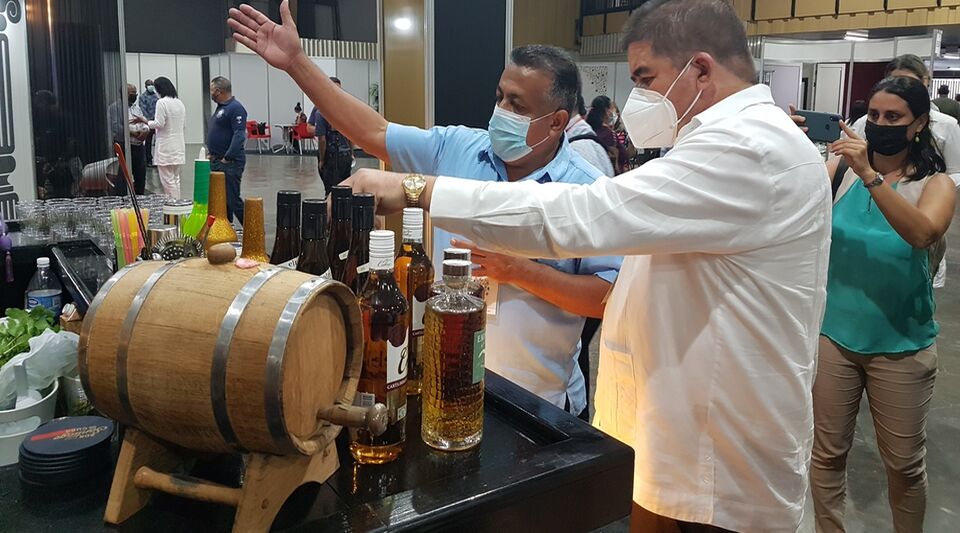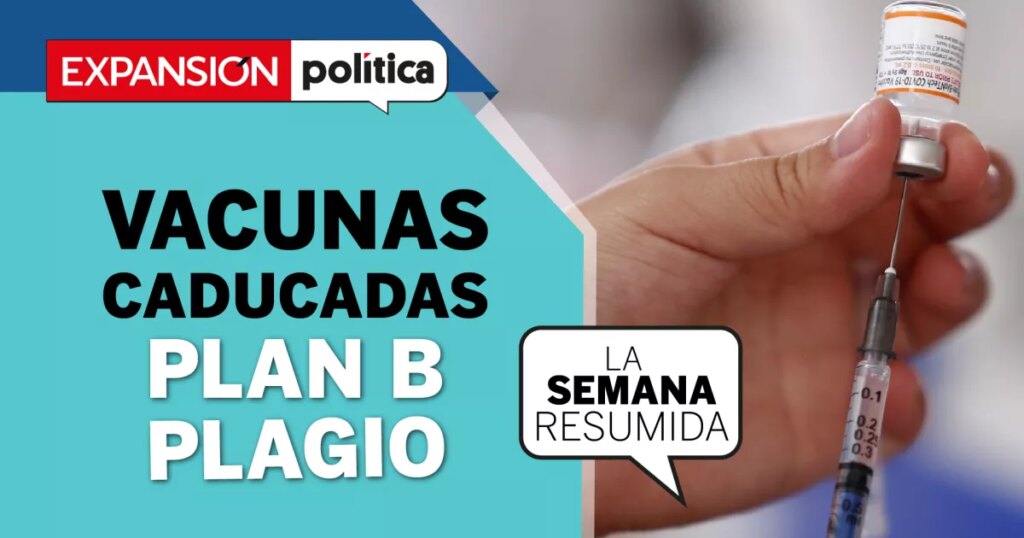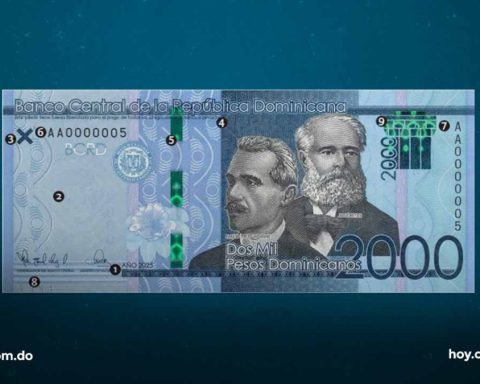The companies of Matanzas were far from the export goals in 2022, some with a “non-compliance” of up to 85% of the plan. The directors of the province attributed the failure to productive stagnation, the lack of supplies and the absence of “strengths” in the industrial sector, as they explained this Friday to the official newspaper Giron.
In a desperate turn at the end of the year, 25 companies from Matanzas accelerated production in 130 items to achieve projected profits: 41 million dollars. Despite this “readjustment”, as the newspaper defines it, only 36 million were achieved, of which “a good part” was due to “over-compliance” by some of the companies. The percentages “are far from efficient,” lamented the managers.
The delays have to do, mainly, with the lack of raw materials, the lack of technology, insufficient management of the markets and a “weak use of the strengths and opportunities of the companies”, Aliuska López Reyes, head of the Department of Foreign Trade, Foreign Investment and International Cooperation in Matanzas, and José Joaquín Pérez Ortiz, an expert in foreign trade.
The officials made a recount of the meager results of the companies. The most alarming figures correspond to the state companies Pescamat, with only 15% compliance with the plan, and Fibras Naturales, with 29%. Cuba Ron, for its part, also failed –although the percentage was not revealed– due to the difficulties of the harvest and “the lack of packaging”. “As in previous years, failure to comply with the sugar harvest put the province’s export route uphill,” said Pérez Ortiz.
Also left behind was the Victoria de Girón company, founded in 1967 by Fidel Castro, focused on exports of citrus, concentrates and oils.
The lack of raw materials affected the possibility of exporting the garments of Unymoda and Lamas, two companies of the Gardis retail products group. The group announced in February 2021 that Unymoda would start making disposable, hygienic and surgical masks with a plant located at the Camilo Cienfuegos campus of the University of Matanzas.
In October 2022 it was revealed that by then still the first nasobuco had not been marketed. For its part, Lamas deals with aluminum carpentry, with product lines for the international market.
Also left behind was the Victoria de Girón company, founded in 1967 by Fidel Castro, focused on exports of citrus fruits, concentrates and oils, as well as charcoal and products manufactured by other institutions. “They had a concentrated juice plan for 2022, which they were unable to complete due to difficulties with technology and not having the necessary production levels,” explained Pérez Ortiz.
The spokesperson assured that, according to internal analysis, the company has the possibility of obtaining raw material from independent producers, but the lack of machinery “represents a conflict.” At the moment, he affirmed, “their means do not allow the product to come out with the required quality standards.”
In its best years, Victoria de Girón was the province’s export leader in 20 productive sectors, but currently it only provides charcoal from marabou, citrus and chili peppers.
“It has been shown that there is a market for everything that is produced, it is enough to explore the demands to understand that it is possible”
According to official data, charcoal was one of the main products in the island’s export basket in 2021, with sales that amounted to 6,000 tons that year and generated revenues of more than 2.07 million dollars. Today, the leading company in the export of this material is Agroindustrial Ceballos, in Ciego de Avila. The Various Productions Company (Provari) is also dedicated to this business, for which it initially used inmates as free laboras documented by this newspaper.
For her part, the head of the Department of Foreign Trade considered that the production deficit is due to the fact that “enough is not required” in the payment chain, so businessmen “do not know the importance of these issues” and have no support. of legal contracts.
“It has been proven that there is a market for everything that is produced, it is enough to explore the demands to understand that it is possible,” added the official, who also opined that many of the obstacles to exports fall on “subjective cases” because “we have examples that have managed to overcome these barriers and today exhibit good results”.
Among these success stories is the Jovellanos Beekeeping Company, with an “overcompliance” of up to 241% of its sales plan in products such as wax, pollen and royal jelly.
________________________
Collaborate with our work:
The team of 14ymedio He is committed to doing serious journalism that reflects the reality of deep Cuba. Thank you for accompanying us on this long road. We invite you to continue supporting us, but this time becoming a member of our newspaper. Together we can continue transforming journalism in Cuba.

















